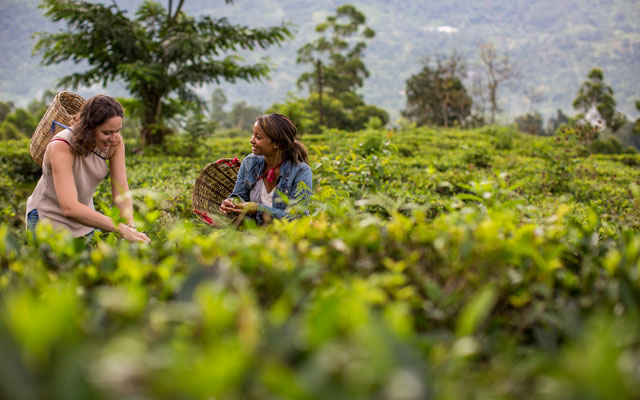Adventure tour operator G Adventures has unveiled its new Ripple Score – an evaluation score for its trips which indicate what percentage of a tour’s local expenditure remains in the local economy.
The average Ripple Score across its 640 scored trips is 93, meaning that 93 per cent of the money spent in-destination across these tours is spent with locally-owned businesses, benefitting local people.

As a result of the survey, 640 of G Adventures’ approximately 700 trips have been given a Ripple Score. These scores will now appear alongside each trip on the G Adventures website, and will also be published in G Adventures’ 2019 brochures which are available from mid-November 2018.
However, Antarctic and Arctic trips onboard the G Expedition ship have been excluded as it operates in remote destinations with few or no local inhabitants, as well as itineraries that were in the process of being built.
Sustainable Travel International and the Planeterra Foundation (G Adventures’ non-profit partners) assisted in the development of the Ripple Score calculation, as well as the development of the company’s thorough supply chain analysis survey from which the Ripple Score is the first outcome.
Jamie Sweeting, G Adventures’ vice president for social enterprise and responsible travel, said in a statement that the Ripple Score is a way for the company to provide transparency for its travellers, and to drive the travel industry forward in terms of accountability.
“As well as educating our travellers about the positive impact they can have through travel, we want to push the industry forward so our suppliers and other operators become more accountable for their local economic and social impact.
“Over the past few years, we have undertaken a thorough analysis of our supply chain to find out how many of our suppliers are majority locally-owned, and thus how much money stays in the destination. When travellers use local businesses it has a positive economic and social impact on communities, and we seek to encourage more of this,” concluded Sweeting.




















